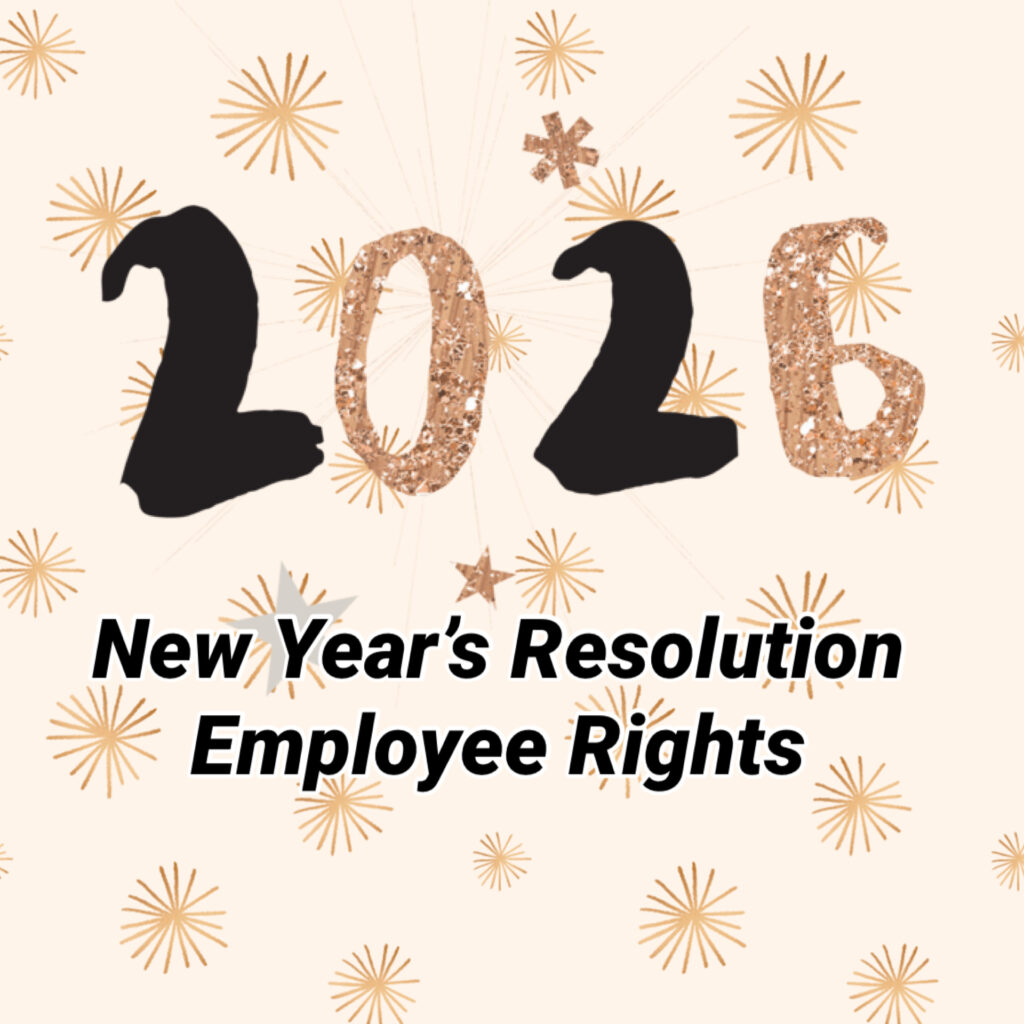The holiday season is here and that means for most companies, a Holiday/Winter Party. Generally meant to boost morale, these parties can also result in trouble for the employee and the employer. It is important that you do not let festivities trump your otherwise good judgment.
While a holiday party can be a great opportunity for an employee to have a good time and get to know their boss, manager, and co-workers better, it can also result in bad choices. Failure to act properly during the holiday party could result in disciplinary action, or worse, termination. Before attending the holiday party keep these factors in mind:
(1) Dress professionally. Remember this is still a company sponsored work event. You should dress appropriately for it and not wear clothes that would be deemed inappropriate for the workplace.
(2) Bring your spouse, partner, significant other or a guest, but only if they are invited. Do not assume that you are invited with a guest. This is not always the case. If you are invited with a guest, make sure that the person you choose is the proper person to bring to this kind of event. Having a guest with you may prevent you from acting in a way that you would not normally act in front of your co-workers or unfamiliar people. This person can also reign you in, if necessary. Make sure that the guest you bring acts appropriately and is aware that this is a workplace event.
(3) Mind what you say. Do not gossip or complain to other co-workers at the event about something that happened at work. If it would not be considered proper decorum to speak of what you are discussing during the workday then you shouldn’t do so at the holiday party either. Do not overshare information about yourself. Remember, you will need to face these people the next day at work, and they will remember what has been said. This is not a time to let everyone know you are unhappy about your bonus, your boss or another colleague. Keep your concerns to yourself or report them properly at work.
(4) Do not judge or question people who may not attend these gatherings. Not everyone partakes in the holidays for their own reasons. Some people do not believe in the holidays or parties and others may have personal reasons for not wanting to attend. It is not for you to make judgment on their lack of attendance or to question them about why they are not partaking in the event.
(5) Use this opportunity to network. There are people at the holiday party that you don’t get to see on a daily basis. Try and speak to these people and let them get to know you better, but don’t cling to them. Remember, there are other employees at the party that they may want to socialize with as well and if there are guests invited, possible new connections that can lead to a new or different job opportunity. Be careful that you don’t only “talk shop” or you may be considered boring and unable to socialize with your colleagues. Work can be discussed, but it shouldn’t be the sole topic of discussion. Do not try and ask for a promotion or a transfer during the holiday party. This is not an appropriate space to try to interview or advocate for a new role.
(6) Don’t drink too much. Most holiday parties have alcohol available. However, be mindful of the amount you are drinking and your actions because of your intake. While you want to have a good time and let loose, you also want to ensure that you are not subjecting yourself to any claims of improper conduct, sexual harassment, etc. Also, if you do drink, make sure that you have a way to get home that does not require you to drive yourself or others.
(7) Review company policies. Remember that the gathering is a company sponsored event and as such, you must still follow the company code of conduct. Specifically, the anti-harassment and anti-discrimination policies still exist. A violation of the policies will result in disciplinary actions being taken.
A seasonal party can boost employee morale and allows employees to relate to their colleagues in a less stressful environment. However, be mindful of the above and remember that this is not a social event with your family and friends.
Contact Sheree Donath, Esq. (by clicking here) if you have any questions or concerns about your employment relation or need assistance in determining, or standing up for, your rights in the workplace.
(Attorney Advertising)












